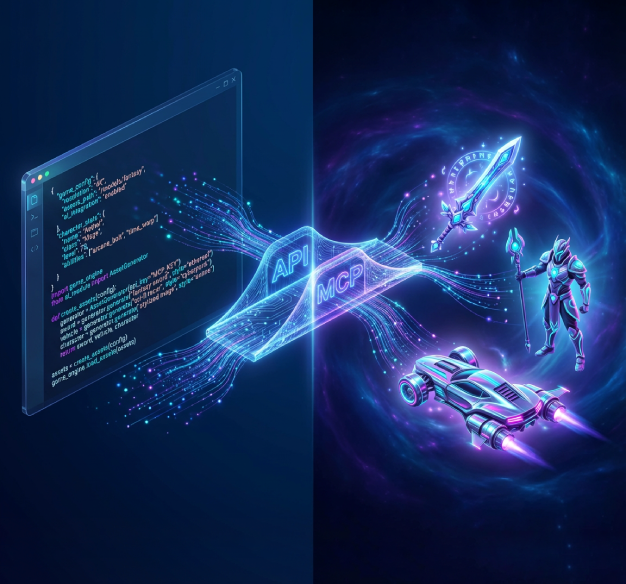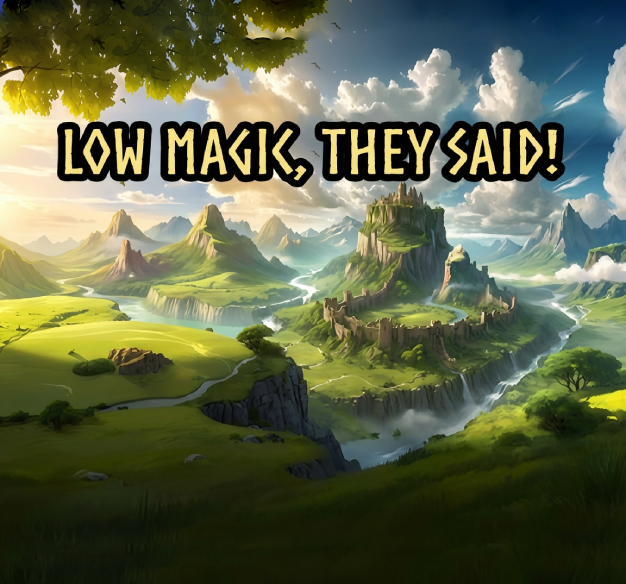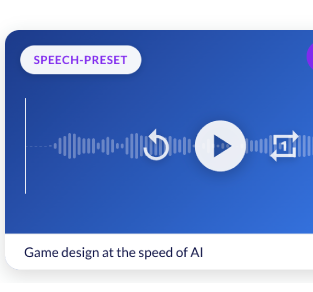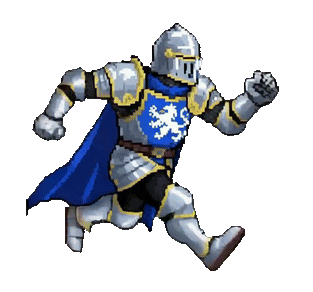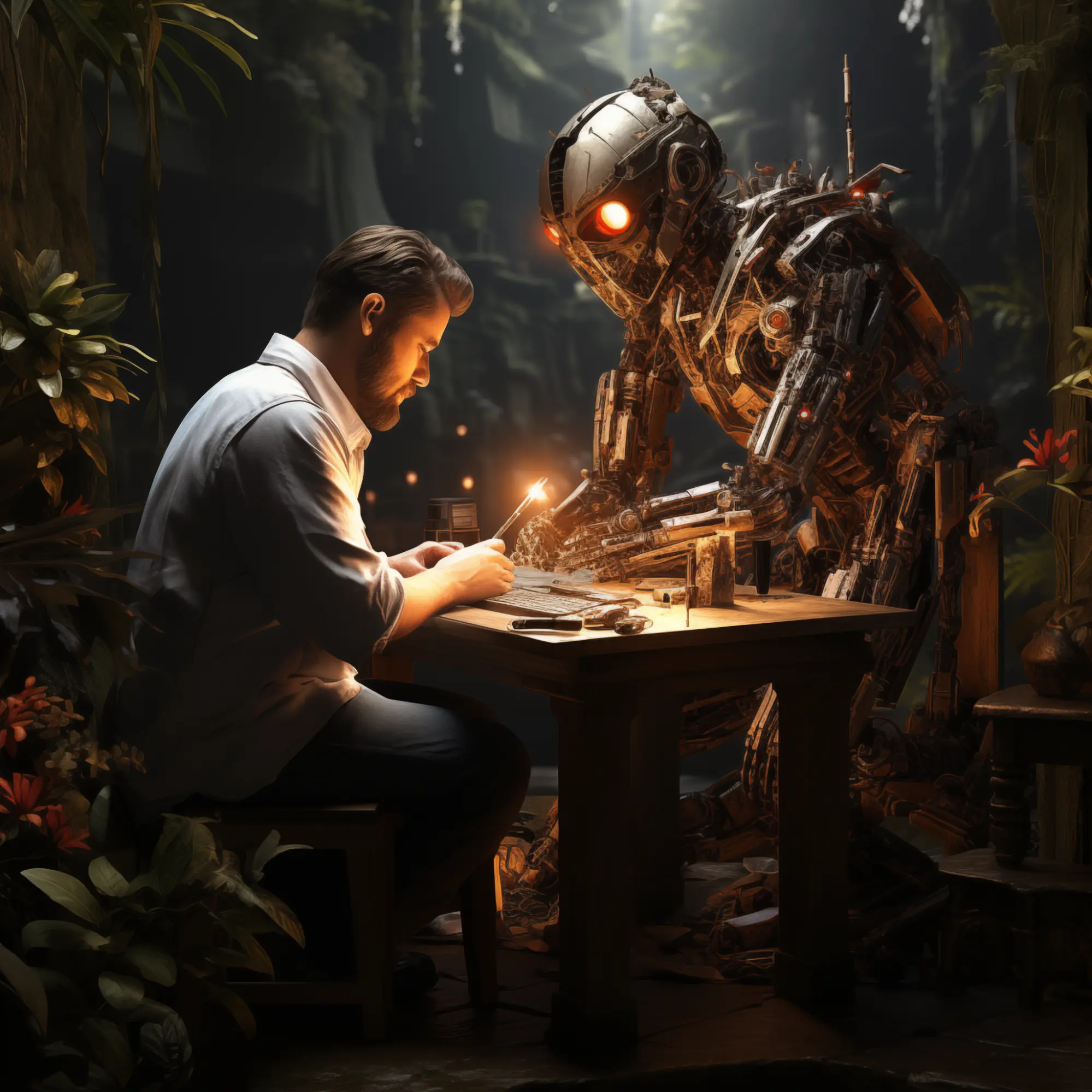
Art, a product of human creativity and expression, has been a hallmark of our existence for centuries. The advent of AI technology, particularly in the realm of creating art, has sparked debates about the future of human endeavors and the very essence of our existence.
As AI advances at an unprecedented pace, some argue that there may come a time when robots and artificial intelligence can craft art and perform tasks that have traditionally been the domain of human skill and creativity.
The question arises: if AI can replicate and potentially surpass human artistic abilities, what does this mean for the role of artists, musicians, writers, and creators? Beyond the practical implications of job displacement, a deeper philosophical and existential crisis emerges.
The Nature of Art and Human Expression
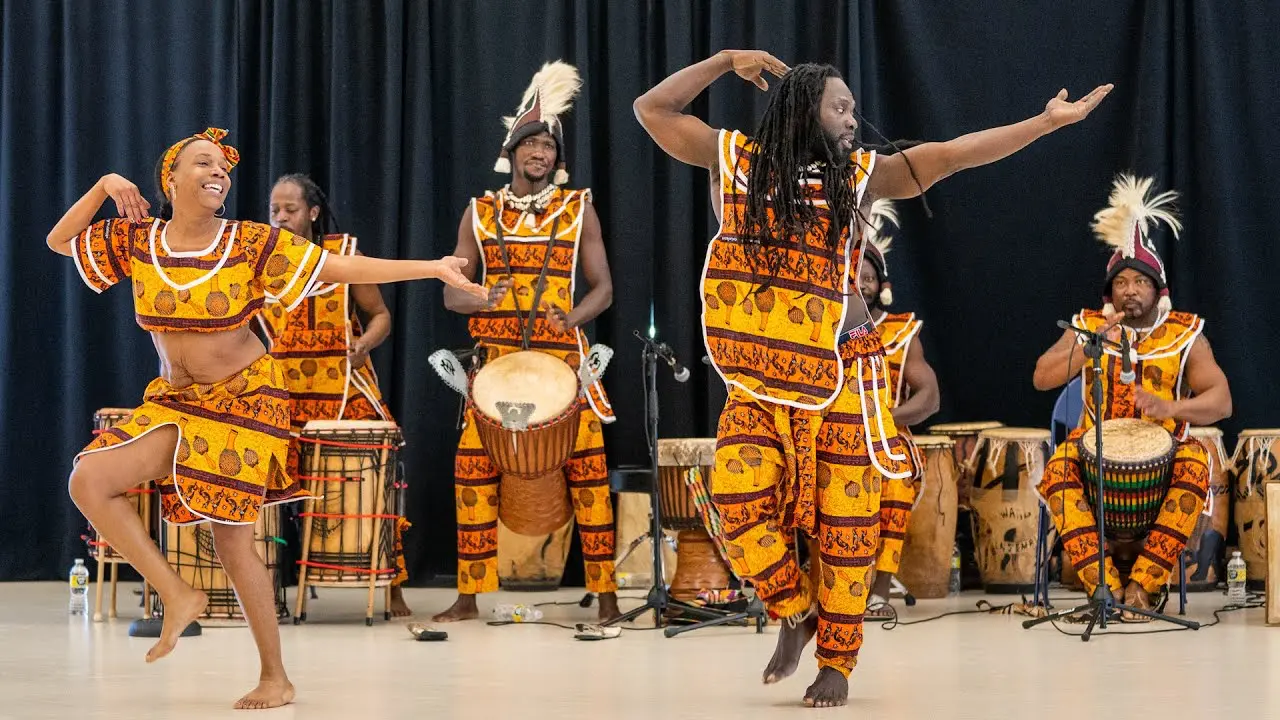
Art, in all its various forms, has been an intrinsic part of human culture and identity. It embodies emotions, tells historical and cultural stories, and reflects the diverse experiences of humanity. The act of creation has been a fundamental aspect of what it means to be human. From the cave paintings of ancient civilizations to the invention of music to communicate messages and emotions, to the grand masterpieces hanging in renowned galleries, art has been an extension of human expression, creativity, storytelling, and the search for meaning.
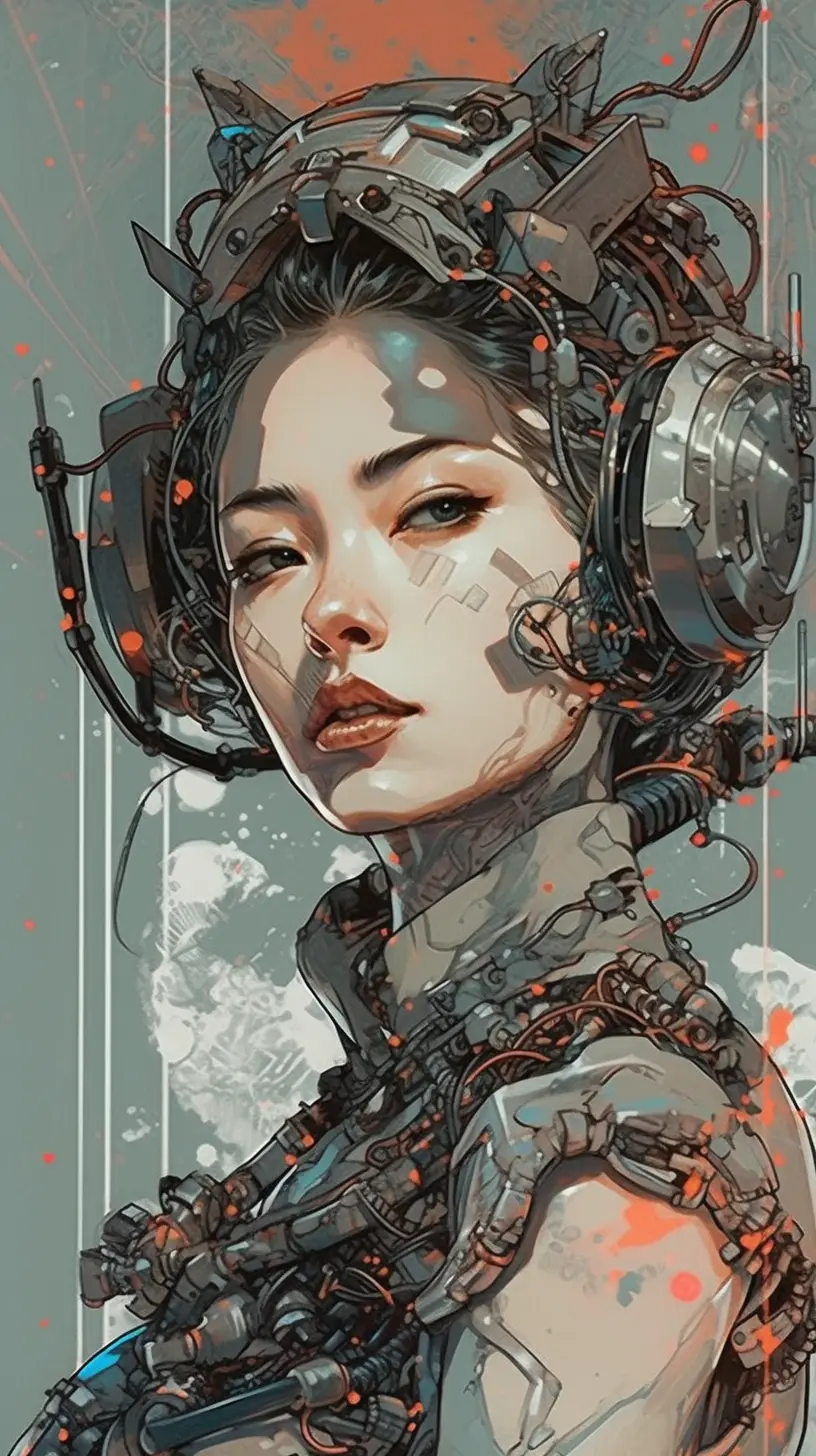
Emerging generative AI art platforms such as Midjourney, Ludo.ai, and now Meta AI, are reshaping what art means in the new generation.
However, with the emergence of AI-generated art, the very essence of what defines artistic creation is challenged. AI algorithms can analyze vast amounts of data, imitate styles, and generate art that is beginning to become indistinguishable from human-made works. It raises the question of whether art created by a machine can hold the same value and depth of expression as art born from human emotions, experiences, and consciousness.
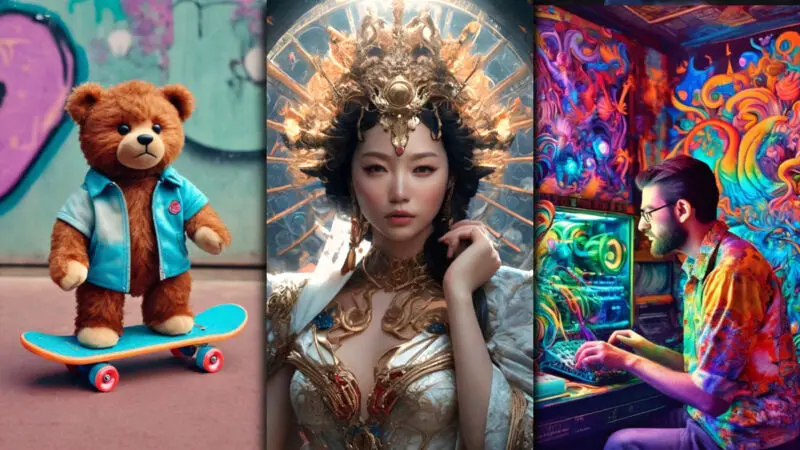
Recently Meta released a free standalone AI image-generator website, "Imagine with Meta AI," based on its Emu image-synthesis model. Meta used 1.1 billion publicly visible Facebook and Instagram images to train the AI model, which can render an image from a written prompt. If you're on Facebook or Instagram, it's quite possible a picture of you (or that you took) helped train Emu. In a way, the old saying, "If you're not paying for it, you are the product" has taken on a whole new meaning
While we discussed deeply the topic of AI art and whether it can hold the same value and depth as human-created art in this blog post, what we wish to focus on in this post is the existential meaning behind the act of art creation - and if taken from humans as a result of emerging AI technologies - what this would mean for the future of humanity.
Impact on Human Identity and Purpose
The potential for AI to undertake creative tasks sparks concerns about the future roles of artists and creators. Assuming that machines can replicate art - and eventually effectively replace artistry and art processes - might seriously diminish the significance of human endeavors in these fields, and even threaten to remove purpose and fulfillment behind artistic endeavors.
If a painting, a song, or a film that had “traditionally” required significant amounts of time, personal struggle, experience, research, trial and error, and other creative processes unique to the human experience to be produced suddenly became a trivial, insignificant task that a machine could do in seconds, what meaning would there be left in human-created art?
The idea that AI could replace human ingenuity in art and other creative domains prompts existential reflections on the purpose and fulfillment derived from these pursuits and has large ethical concerns as well.
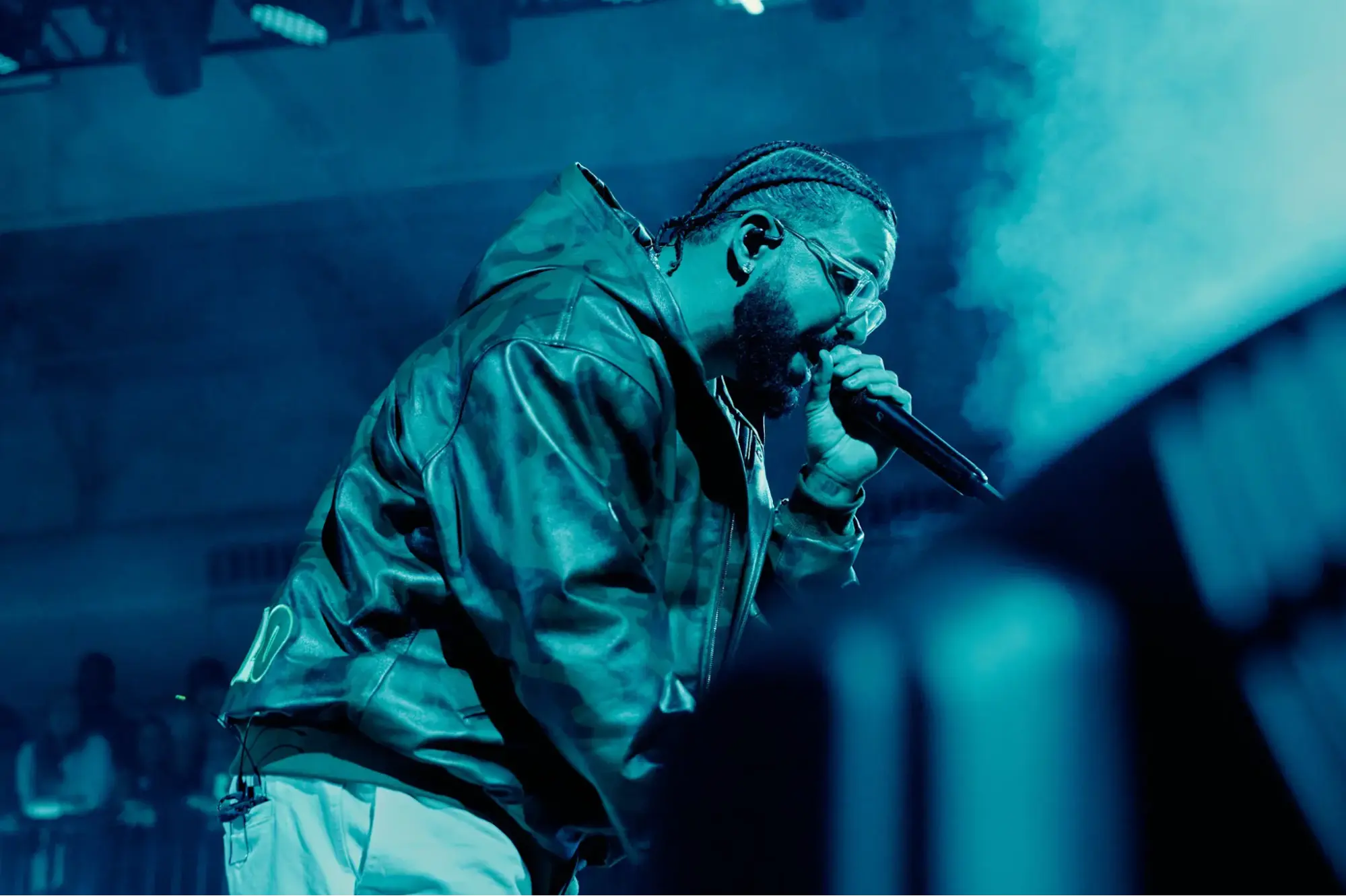
An A.I. Hit of Fake ‘Drake’ and ‘The Weeknd’ Rattles the Music World - For Drake and the Weeknd, two of the most popular musicians on the planet, the existence of “Heart on My Sleeve,” a track that claimed to use A.I. versions of their voices to create a passable mimicry, may have qualified as a minor nuisance — a short-lived novelty that their powerful record company easily stamped out. But for others in the industry, the song — which became a viral curio on social media, racking up millions of plays across TikTok, Spotify, YouTube, and more before it was removed this week — represented something more serious: a harbinger of the headaches that can occur when a new technology crosses over into the mainstream consciousness of creators and consumers before the necessary rules are in place.
Artists, musicians, writers, and creators often find purpose and fulfillment in their ability to express themselves and connect with others through their work. The act of creation is deeply intertwined with the human experience, offering avenues for self-expression, emotional release, and societal commentary. Even without considering the positive or negative outcome of the produced piece of art whether commercial or personal, the very act of making and creating an art piece with time, craft, and care is central to human life and experience.
If AI overtook these roles in our society (and if humans somehow did not invent laws to put limitations on certain AI technologies), not only could it disrupt the human quest for purpose and identity, it might ultimately make art itself meaningless.
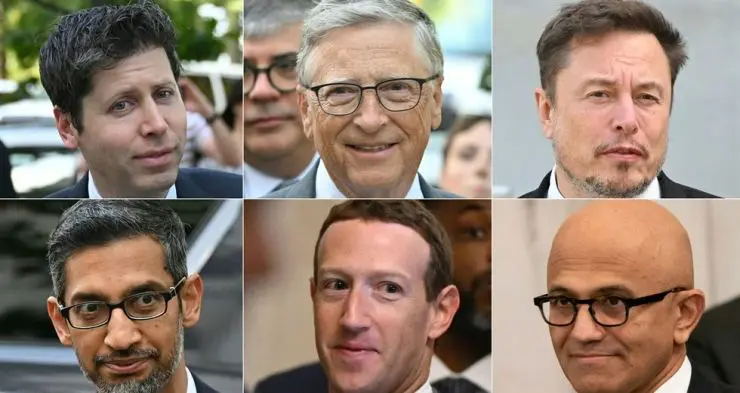
Sept 2023 - Google, Meta, OpenAI CEOs Meet US Lawmakers Over AI Regulation, Elon Musk Seeks 'Referee' for AI. Musk said the meeting was a "service to humanity" and said it "may go down in history as very important to the future of civilization."
Redefining the Human-AI Relationship
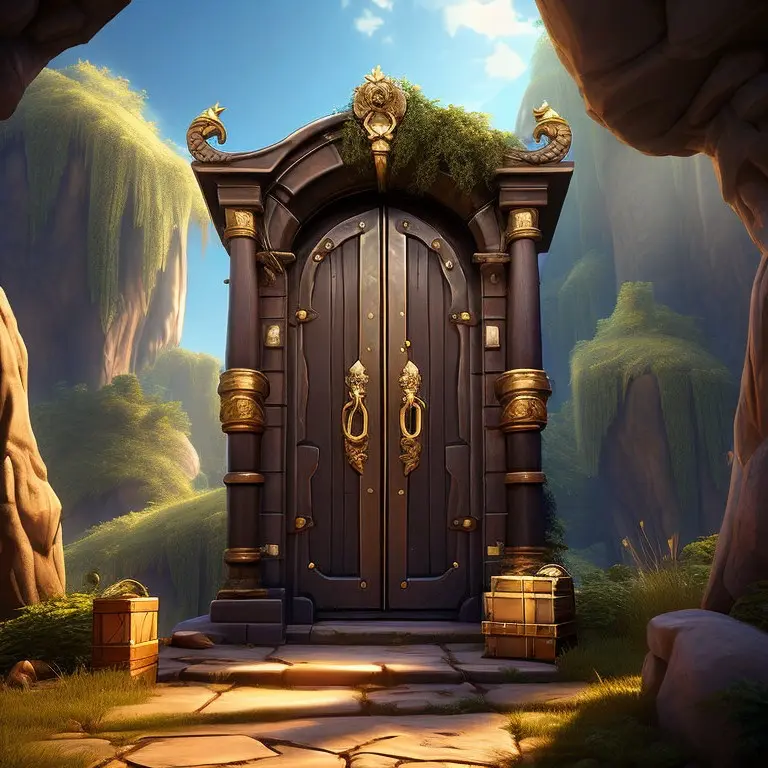
Ludo.ai generated AI art imagery.
Nevertheless, the rise of AI in art also presents an opportunity for a redefinition of the human-AI relationship. Instead of viewing AI as a threat to human creativity (and purpose), it could be seen as a complementary tool, expanding the possibilities of artistic creation. AI-generated art might serve as a new medium altogether, inspiring human artists to explore uncharted territories and collaborate with these intelligent systems.
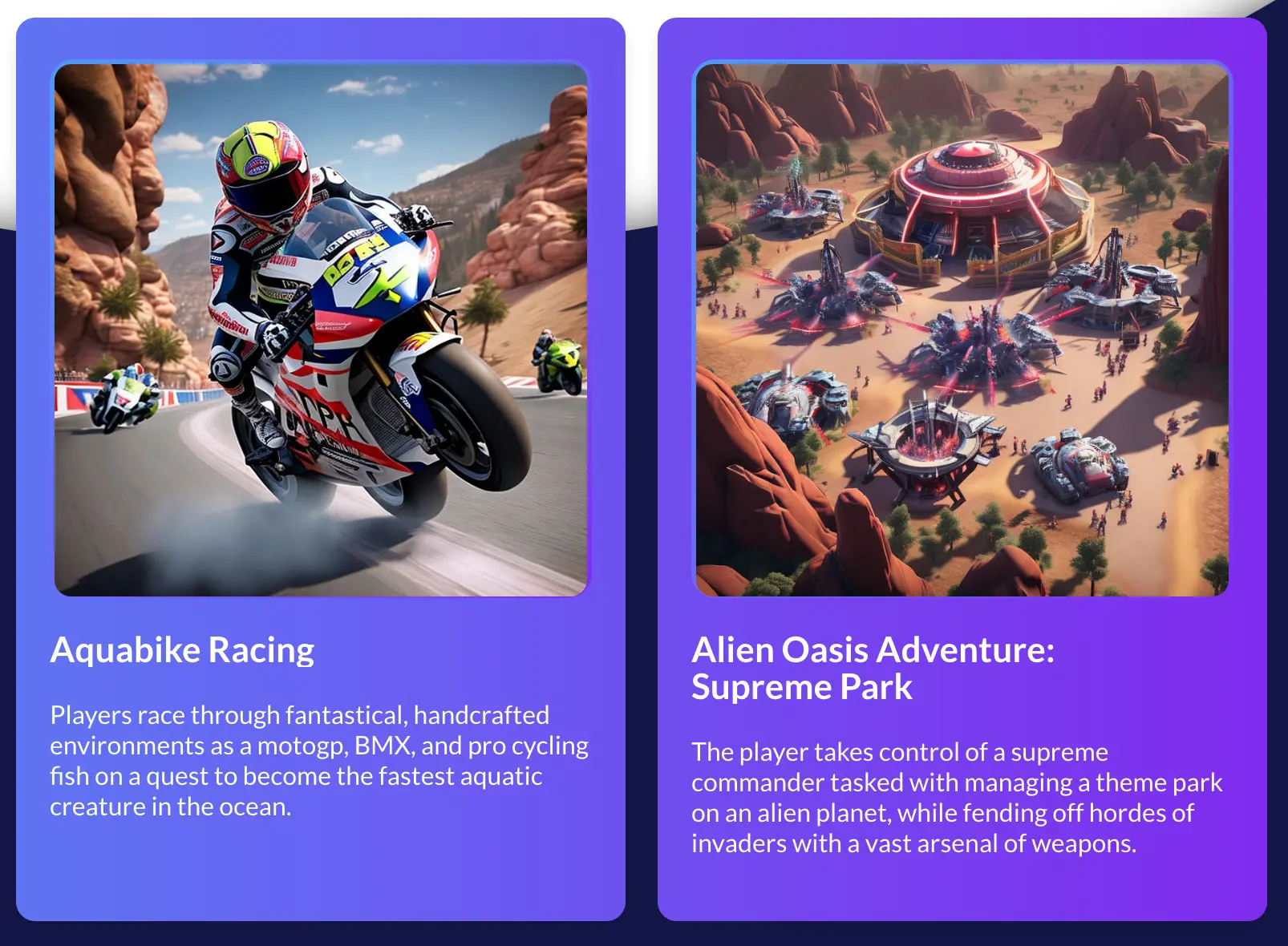
The Ludo.ai platform is one of the many emerging AI-powered tools that can be used to generate artwork, gameplay imagery, game ideas, and game concepts, and perform AI-powered game research. It is a brand new way for game developers, game studios, and artists alike to utilize AI to help speed up their work processes and break through artistic and creative roadblocks while saving them time and money.
Moreover, the discussion around AI and art underscores broader societal changes. AI's potential displacement of creative roles (as well as many other jobs) calls for reevaluating education and the skills humans cultivate. Instead of rendering education obsolete, AI can help emphasize the need to adapt and focus on uniquely human qualities - empathy, critical thinking, and emotional intelligence - that machines cannot replicate.
After all, the AI tools that humans develop can only be used to their fullest potential under the guidance and direction provided by human users. That is until AI can reach some sort of singularity or gain consciousness, but that is a topic for another time.
Human Essence Amidst Technological Advancement
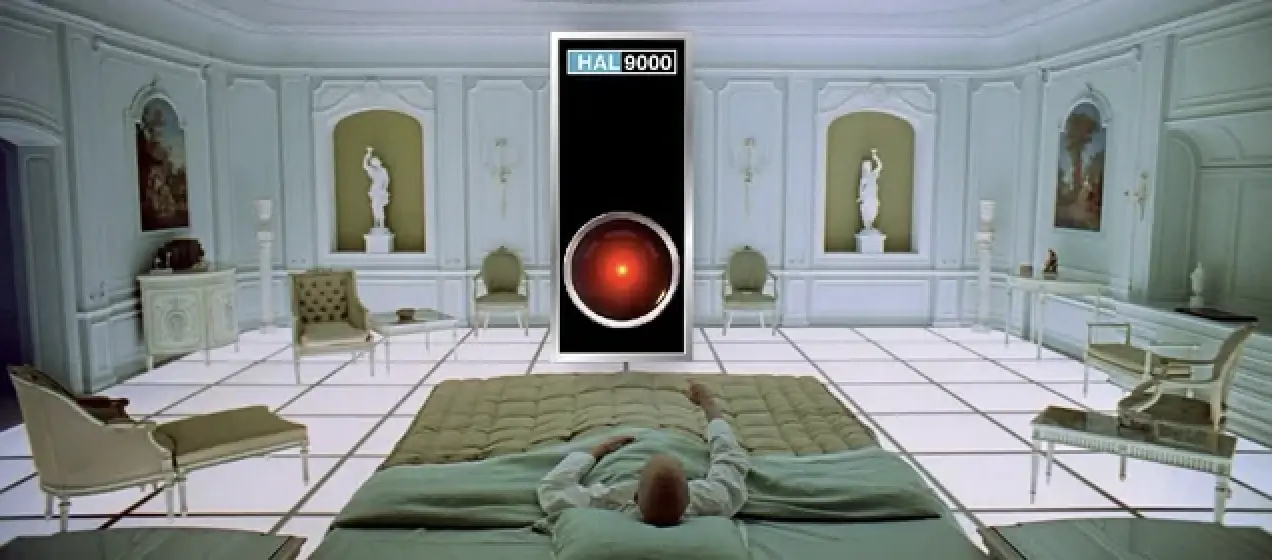
In the Stanley Kubrick film 2001: A Space Odyssey (1968), the AI computer HAL 9000 - a sentient artificial general intelligence computer was portrayed as an antagonistic evil being who wanted to destroy humans. Technology has advanced greatly since then, and we now coexist in a world where we cannot live without technology and computers helping us with our everyday lives.
The intersection of AI and art provokes profound philosophical inquiries about the essence of being human. The existential pondering on the impact of AI in creative fields challenges us to reconsider the significance of art in our lives and the fundamental aspects that define our existence.
While AI's capabilities in creating art continue to evolve, the human essence - the emotions, experiences, and consciousness that fuel creativity - remains irreplaceable. The human touch, the depth of emotion, and the stories behind the art are elements that distinguish human-made creations from those generated by AI.
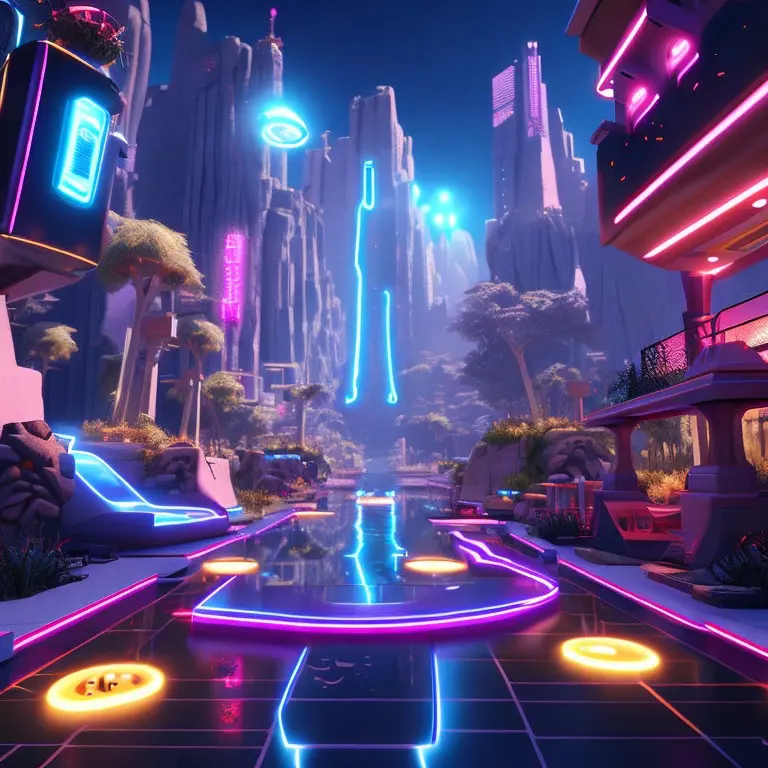
We at Ludo.ai are optimistic that humans can learn to utilize AI technology to improve their work processes, increase productivity, and enhance their creativity rather than think of AI as a soulless machine that will threaten all human purpose and well-being.
In the face of technological advancements, the preservation of human creativity, expression, and the pursuit of meaning become more vital than ever. Instead of eradicating the role of artists and creators, AI's rise may lead to a renaissance of human creativity, redefining our understanding of art and reaffirming the significance of the human experience in a world increasingly intertwined with technology.

